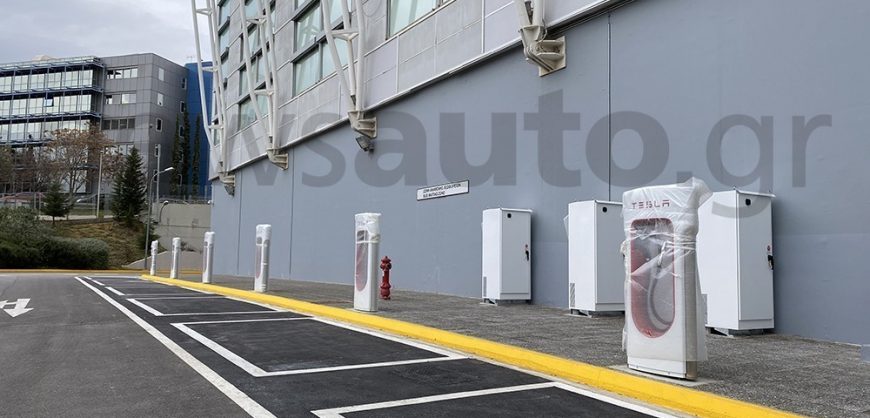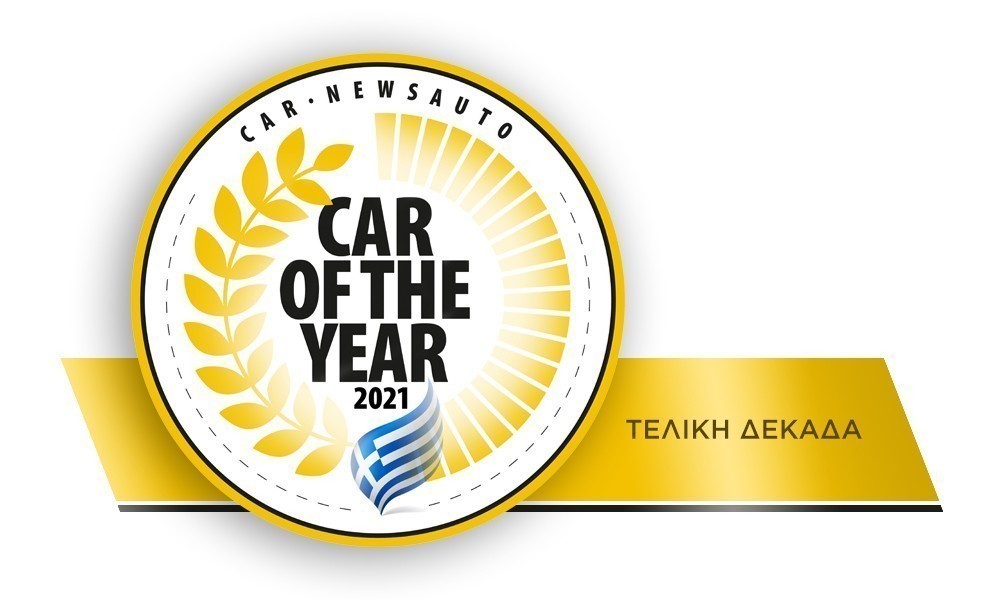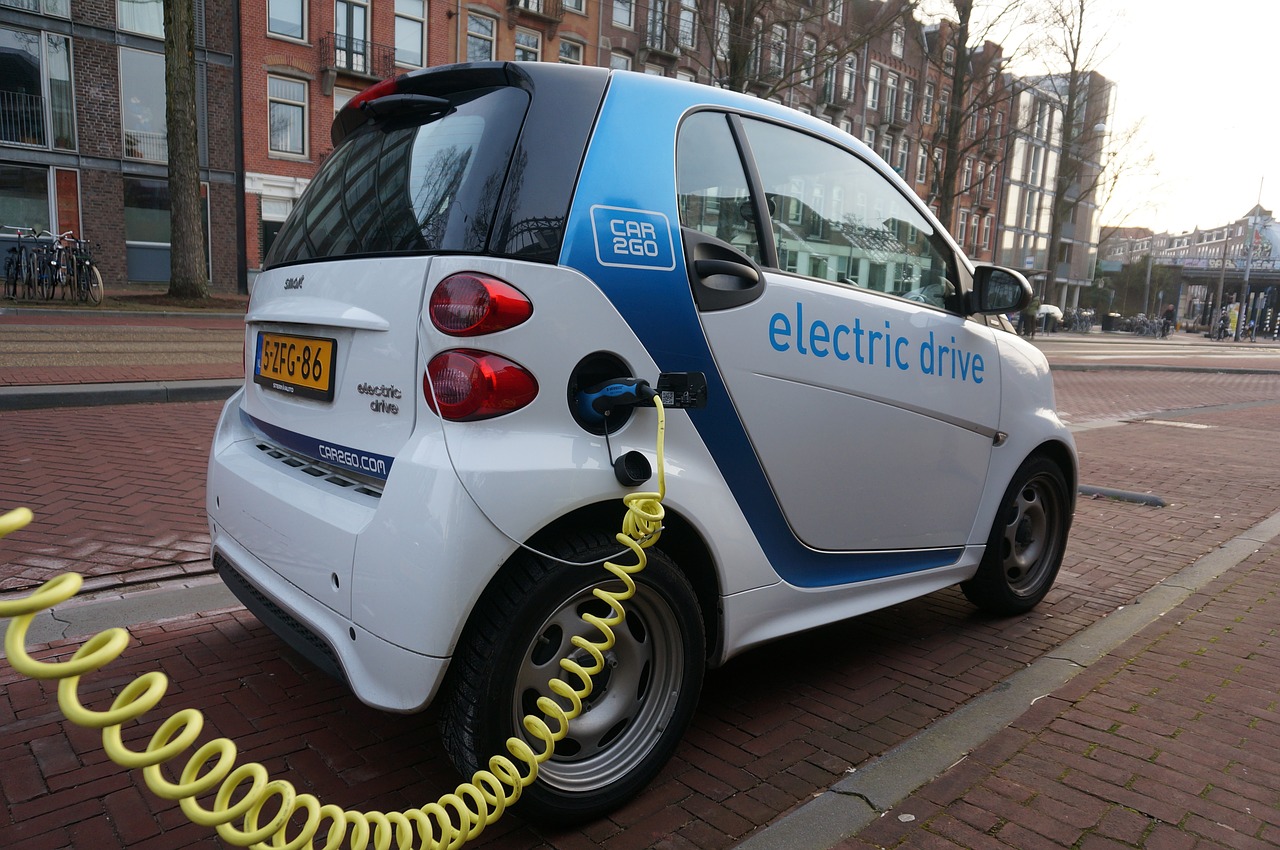Late last year, Formula E officials announced the specs for the third generation of all-electric race cars that will debut on the motorway in 2022. The new Formula E cars will be the first to use extremely fast charging stations that pack enough power to fully charge a Tesla Model S battery in about 10 minutes. Although the racers will only use the charging stations for brief pit stops, they’ll provide a glimpse of the future beyond the racetrack: EV batteries that charge in the same amount of time it takes to fill a gas tank.
To be sure, fast EV chargers already exist. Tesla and Porsche have both recently deployed 250-kilowatt public charging stations, which can bring some EV battery packs close to full charge in around 40 minutes. That beats leaving the car to charge overnight in the garage, but it’s still a lot longer than filling up the tank on a gas guzzler. Plus, these are only available for a handful of new, high-end EVs. If we want to electrify our roads, we need affordable EV batteries that can be charged even faster.
“Over 50 percent of the US population lives in apartments, condos, or homes that don’t have access to charging,” says Matthew Keyser, who leads the electrochemical energy storage group at the National Renewable Energy Laboratory. “To increase EV adoption, we need to provide a means of charging quickly for this segment of our society.”
Boosting a lithium-ion battery’s charge rate involves trade-offs. During charging, lithium ions flow from the cell’s cathode to its anode, which is typically made from graphite, a type of carbon. The anode is like a bucket that collects and stores the ions while the battery is charging. Thicker anodes—bigger buckets—can hold more energy in the form of lithium ions, which allows electric cars to go further on a single charge.
Read more: Wired


































